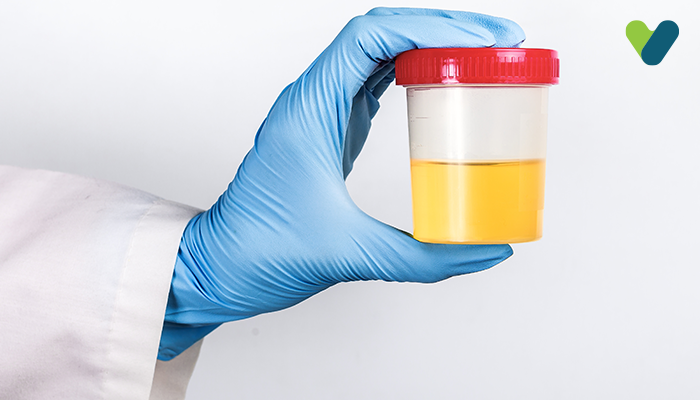Pregnancy can be a worrisome time for women, especially new to-be mothers. A lot of things go on your mind about your and your baby’s health which is the topmost priority. Early check-ups can be stressful because that is when most of your blood tests are done and you will find out about any abnormalities in your hormones or your baby’s health.
In this article, we will clear any doubts that you have about the PAPP-A test. This article will give you a general idea about the test and if you have any further questions or concerns, you should consult your doctor.
What Is PAPP-A?
Pregnancy Associated Plasma Protein – A or PAPP-A is a type of protein or hormone that is formed by the placenta. It plays a very important part throughout the pregnancy as it helps in forming the placenta bed which is essential for the growth of the foetus. The levels of this protein increase in a woman during pregnancy. There are various uses of this hormone-- It prevents the immune system from recognising the foetus as a foreign body, which helps the foetus to grow safely.
- The serum concentration can benefit during abnormalities related to the pregnancy, like premature birth, intrauterine growth restriction, etc.
What Is a PAPP-A Test and Its Purpose?
A PAPP-A Blood test is usually done performed during the end of the first trimester, between 11-14 weeks. The main purpose of the test is to determine if the woman or the foetus has an increased risk of developing an abnormality. It is usually performed as a screening test. The test does not precisely diagnose the problem, but it does provide a warning or indication of what could go wrong. The doctor then performs additional tests.This test is recommended as a precaution. The test is a maternal screening test along with some other tests that help in diagnosing abnormalities in the chromosomes or any genetic disorder, like down syndrome, that the foetus may have. It is a very simple test and if the doctor recommends it, you should definitely consider it.
Effects of Low PAPP-A Levels on Health
If your reports suggest that you have a low PAPP-A, it means that your PAPP-A score is less than 0.5 MoM (Multiple of Median) between 11-15 weeks of your pregnancy. During the PAPP-A test, hCG and PAPP-A levels are the two hormones that are thoroughly checked. If the PAPP-A level is low, the risks and complications in the pregnancy have a chance to increase. The woman and the foetus need to be constantly monitored as they can go through complications that could harm them both. They could suffer from- Premature labour
- Growth restriction for the foetus
- Hypertension related to the pregnancy
- Stillbirth
- Sometimes even miscarriage.
Receiving the news of low PAPP-A levels can definitely cause some anxiety, but you have to know that this is very common and with the correct guidance from your doctor, your baby will grow normally and your pregnancy will advance normally.
What to Expect From a PAPP-A Test?
The screening in the first trimester for the PAPP-A test includes drawing some blood from your veins and an ultrasound exam that shows an image of the foetus.These tests are extremely normal, especially during the end of the first trimester. The blood test takes some time to show the results, however, the ultrasound digitally converts sound waves into images. These images are then used to measure the size of the clear space in the tissue which is at the back of your foetus’ neck. That will help the doctor determine if you have any problems and suggest a treatment related to them.


